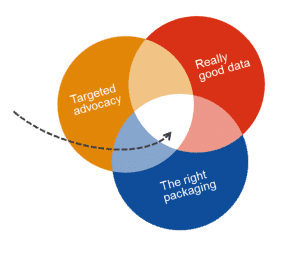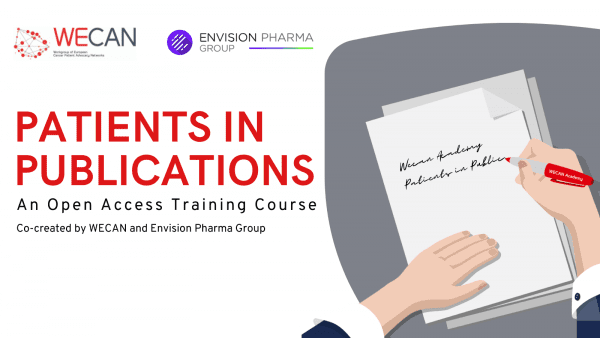 What individual patients need and want is very individual and heterogeneous, differing between diseases, within a disease according to stage of disease, dependent on prior experience with treatment and side effects, and by stage of life and their social environment. Considerations around individual treatment modalities, expectations on outcomes, tolerance towards side effects vs. treatment effects, and psychosocial well-being vary largely. This may often not be obvious to other stakeholders and also individual patients. However, healthcare providers, authorities and researchers need to base their decisions on evidence, but in the lack of data about what patients really want, often base decisions on assumptions about patients needs and clinical needs.
What individual patients need and want is very individual and heterogeneous, differing between diseases, within a disease according to stage of disease, dependent on prior experience with treatment and side effects, and by stage of life and their social environment. Considerations around individual treatment modalities, expectations on outcomes, tolerance towards side effects vs. treatment effects, and psychosocial well-being vary largely. This may often not be obvious to other stakeholders and also individual patients. However, healthcare providers, authorities and researchers need to base their decisions on evidence, but in the lack of data about what patients really want, often base decisions on assumptions about patients needs and clinical needs.
Patients and patient advocates may be in the best position to express what patients want and need. However, individual opinions are not always helpful to take discussions forward for a whole population of patients and to convince researchers, healthcare providers or regulatory decision makers. In order to help healthcare to focus on the true needs of patients and their subpopulations, it helps if patient advocates argue with evidence and data. It is difficult for decision-makers to ignore robust evidence.
The concept of “Evidence-Based Patient Advocacy” means advocating in in a targeted, evidence-based, well-educated and professional manner, and measuring the impact and outcomes of the advocacy work. It is based on three core elements: targeted advocacy towards each respective stakeholder, use of robust data about patients needs and preferences, and use of the right packaging of messages to communicate the needs to the respective target group.
However, to do so, patient advocates need to acquire the skills and resources to generate evidence in their own community as well as use that evidence in a targeted way.
The following presentations held at the WECAN Academy 2019 will help to understand:
- How to create evidence for advocacy impact
- Defining unmet needs
- Targeting your audience
- Organisational strategy
- Choosing the right methodology
- Case studies:LeukaemiaCARE survey,Acute Leukemia Global Quality of Life Survey
- How to structure research: Generating and using qualitative and quantitative data
- Main types of research to generate data
- Typical research outputs and presentation types
- Common problems in generating data… and how to avoid them
- Patient Preference Studies
- Understanding what subgroups of patients value the most when it comes to their treatment
- Why are patient preference studies important to influence decision makers in the interest of patients?
- Developing studies with other experts to gather valid, reliable, reproduceable and generalizable data
- Our role as advocates in generating data through patient preference studies
- Patient Generated Data using new technology
- What is Patient Generated Data (PGD)
- Why do we need technology to foster Patient Generated Data
- Examples of existing, compliant, affordable, reliable and well supported technologies that can help to gather data
Presentations at WECAN Academy 2019:
Evidenced-based advocacy: How to CREATE evidence for advocacy impact
Presentes: Zack Pemberton-Whiteley, Acute Leukaemia Advocates Network (ALAN)
How to structure research: Generating and using qualitative and quantitative data
Presenter: Daniel Ratchford, Quality Health
Patient preference studies
Presenter: Ananda Plate, Myeloma Patients Europe
Patient Generated Data: The patient organisation experience of using technology
Presenter: Denis Costello, EURORDIS / CML Advocates Network
Patients in Publications Training Course
In addition, WECAN has launched an open-access training “Patients in Publications”.
Click on the image to access the Course:


